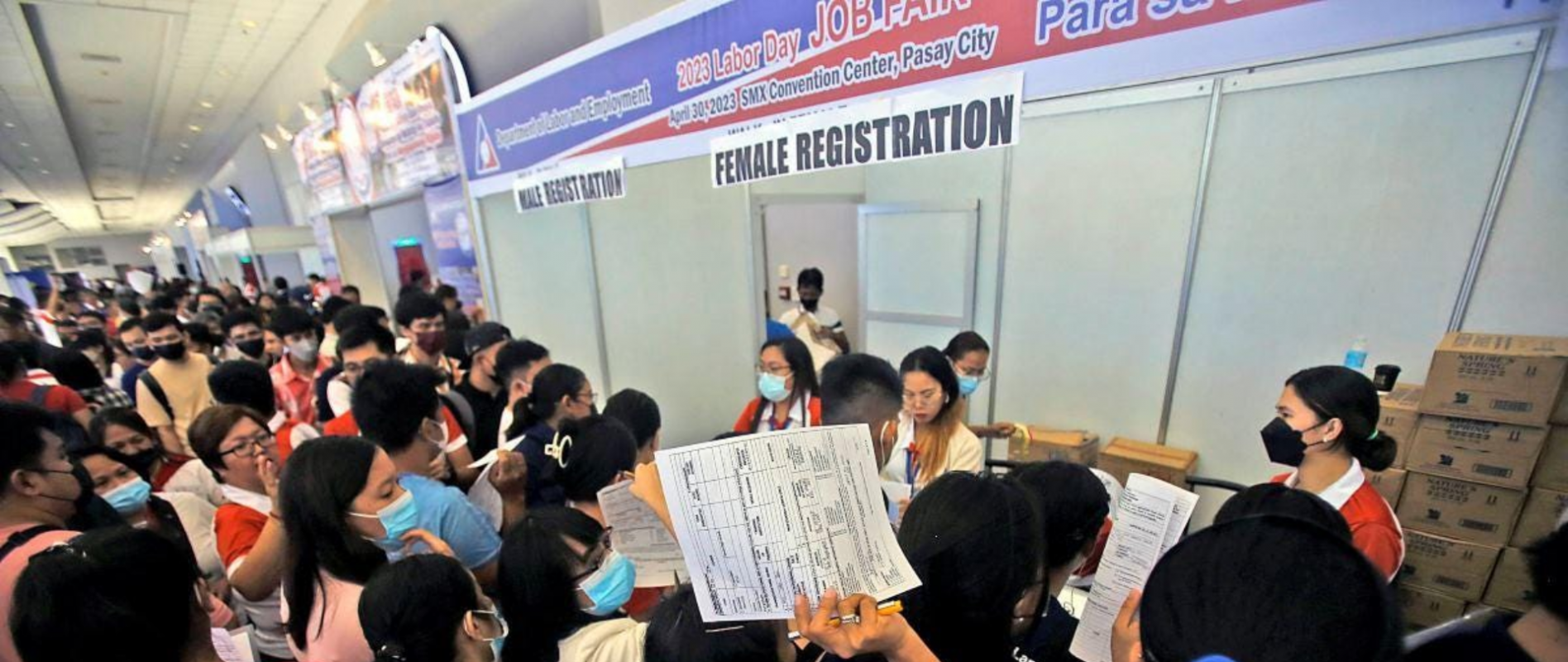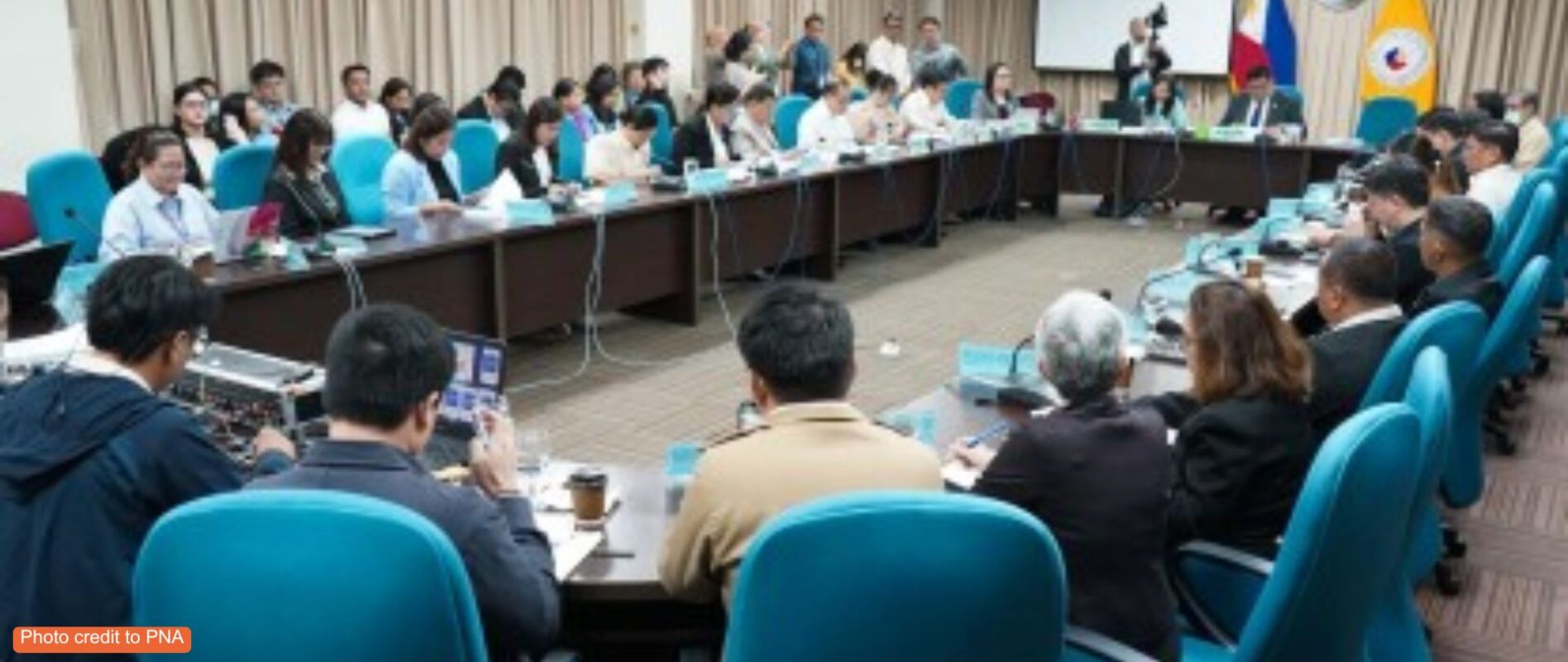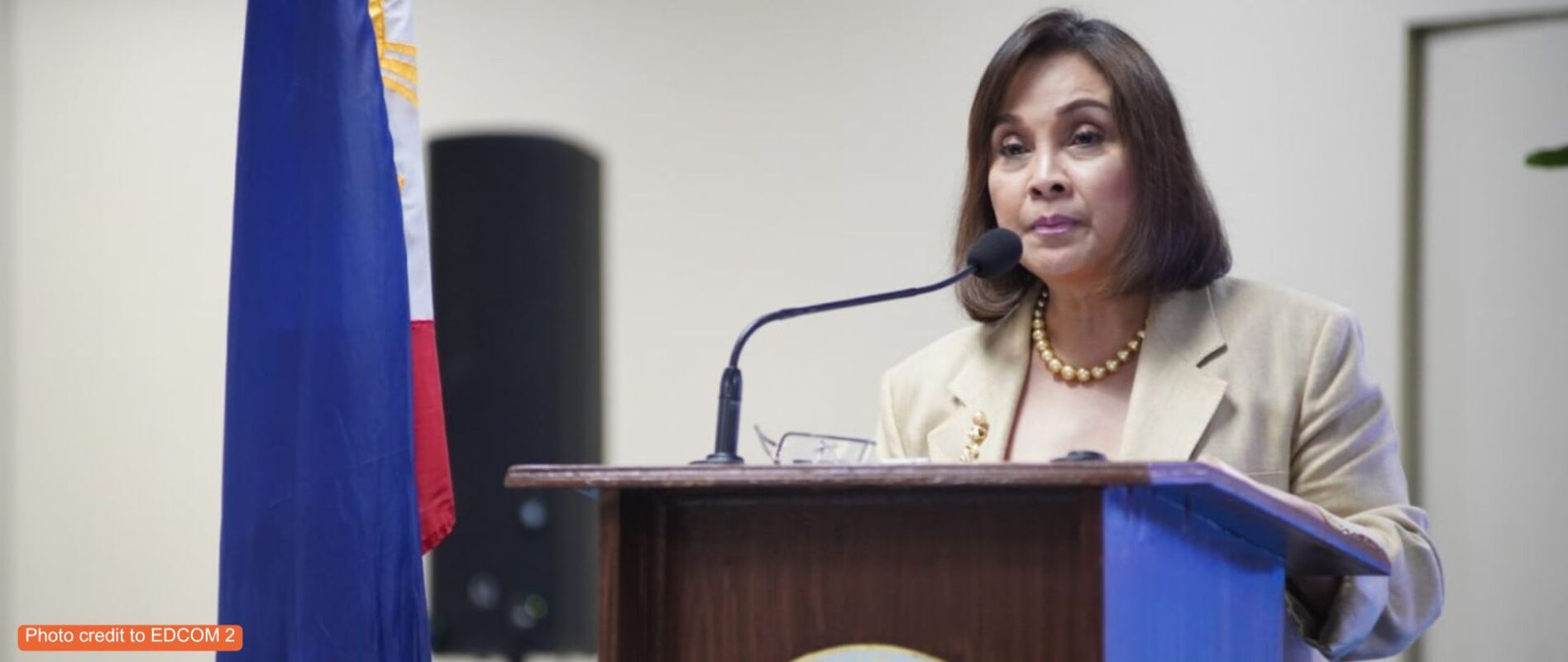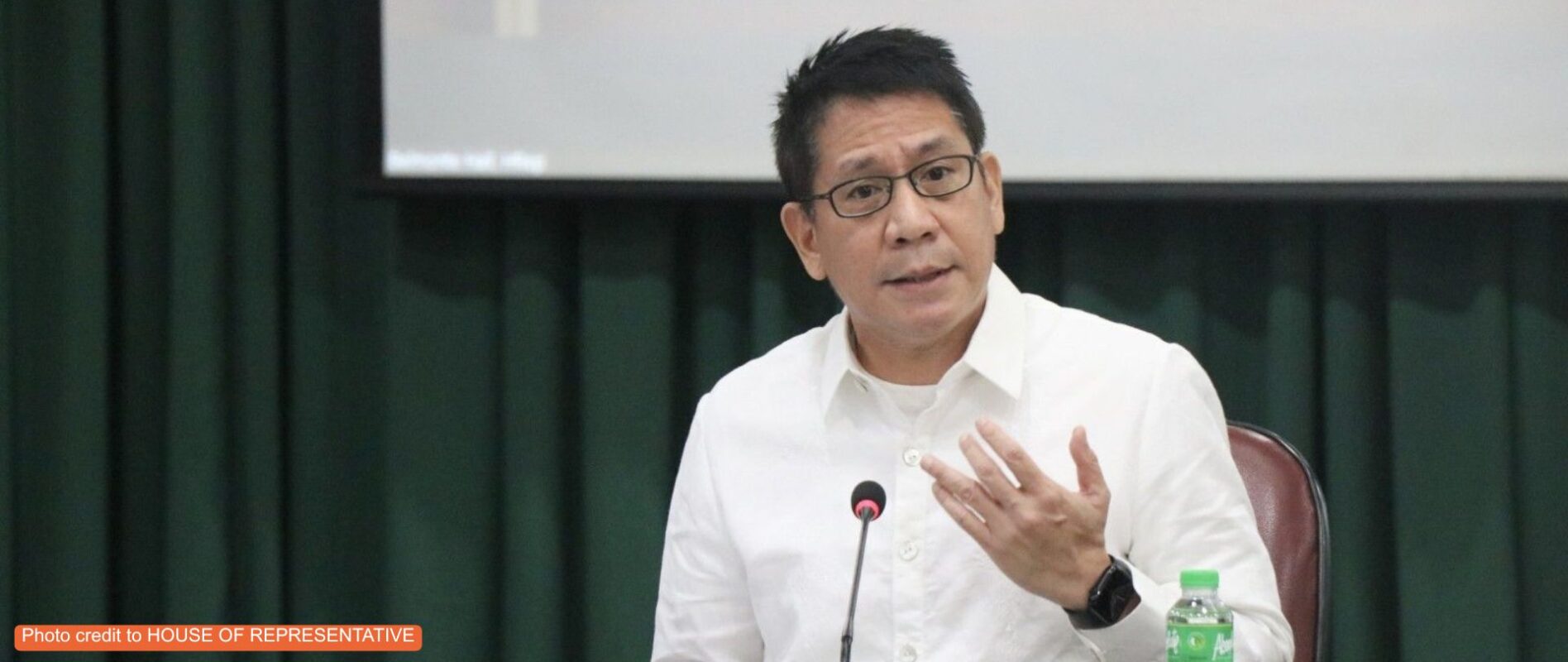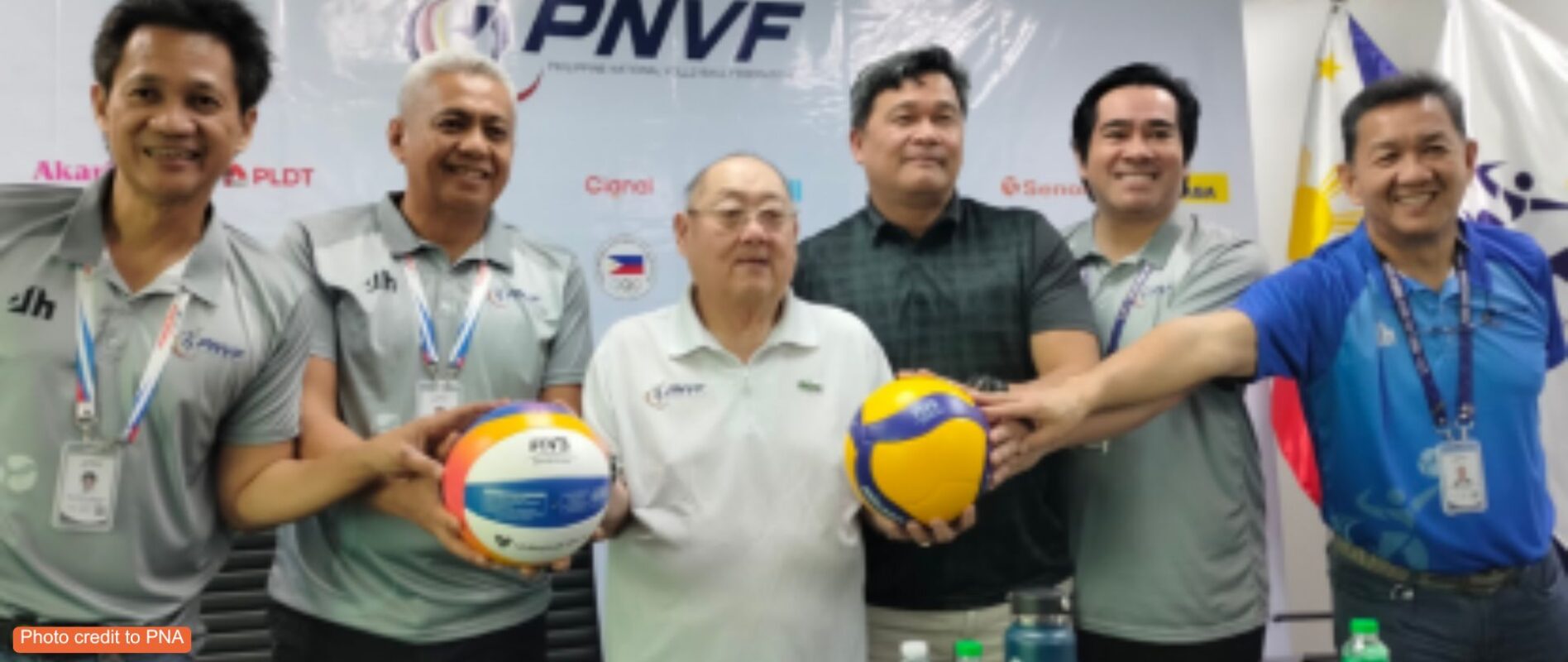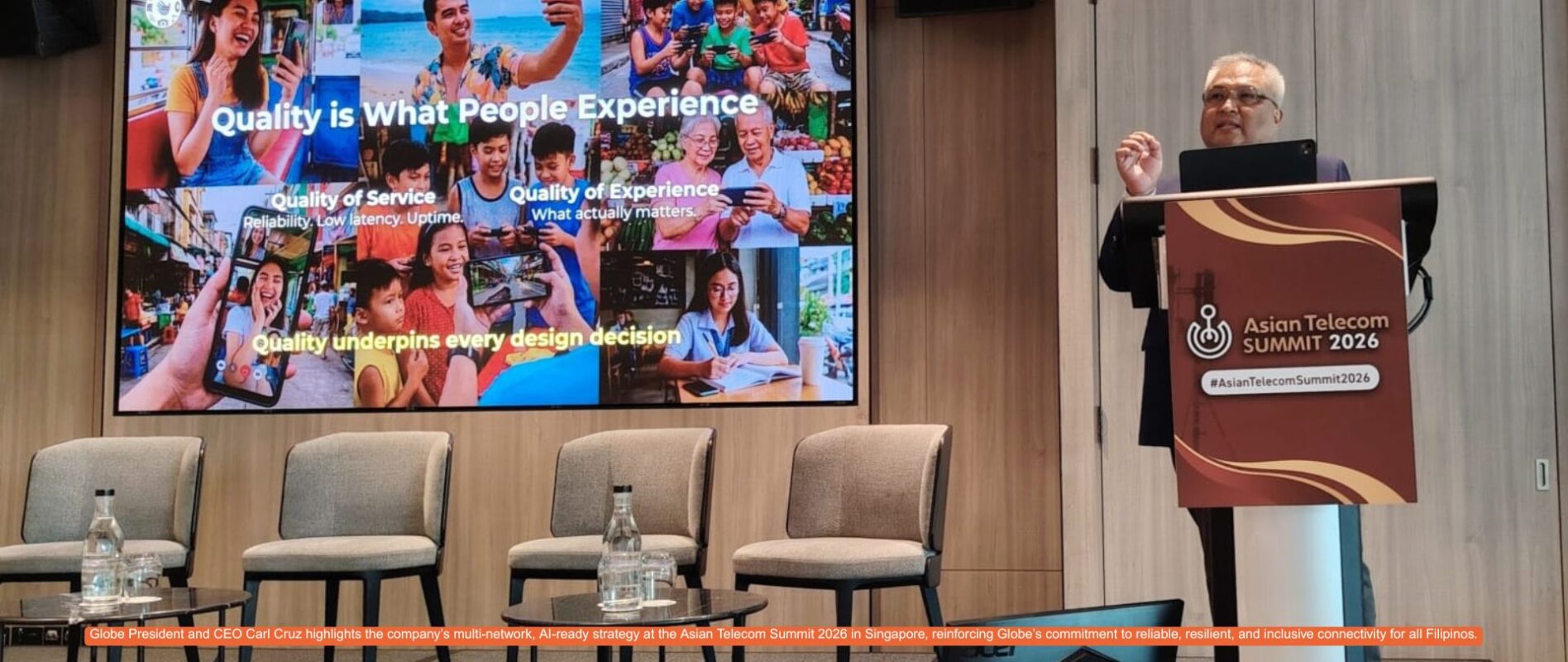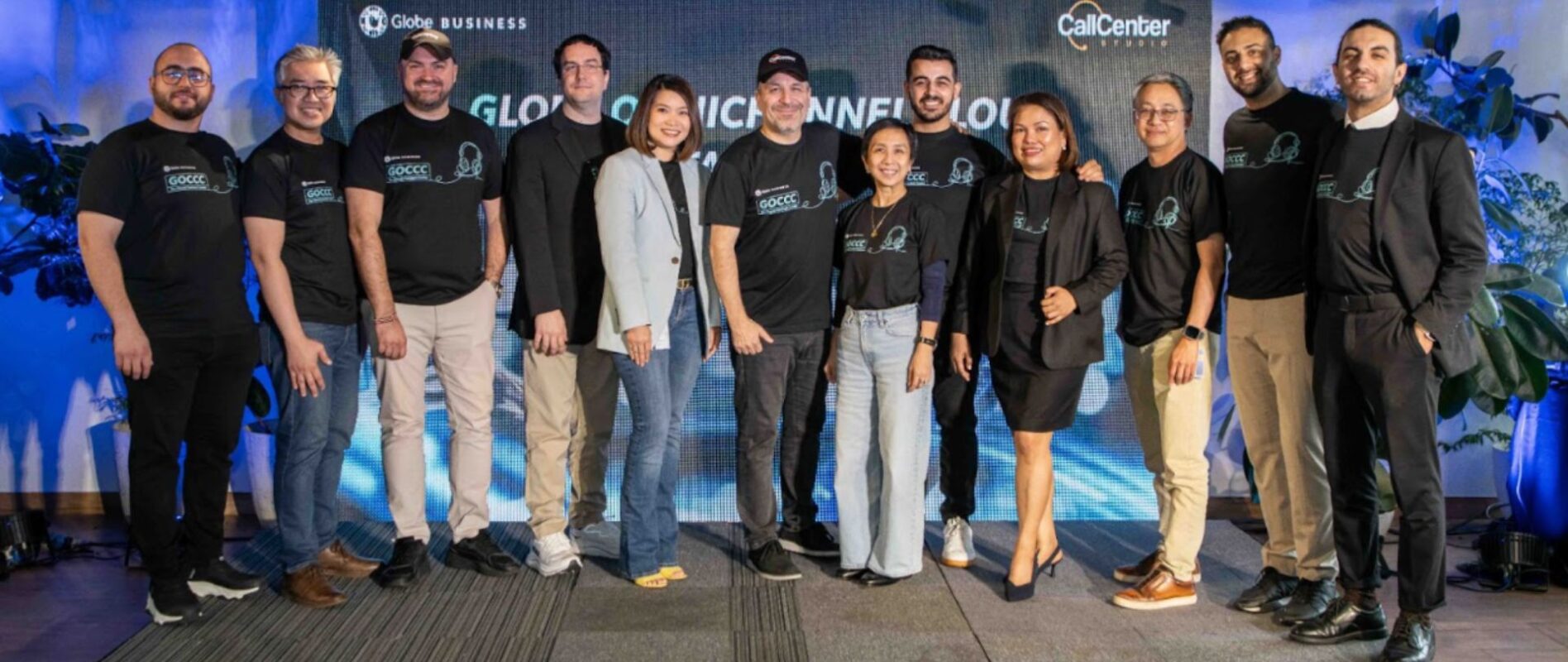HALF OF FILIPINO COLLEGE GRADUATES UNEMPLOYED, CHED URGES SKILLS OVER DIPLOMA
HALF of the Philippines’ college graduates remain unemployed, a situation that Commission on Higher Education (CHED) Chairperson Dr. Shirley Agrupis says calls for urgent reforms in higher education.
“Out of 25,000 graduates surveyed, only 3,000 were employed. A diploma alone does not guarantee a job,” Agrupis said during a recent public forum. She stressed that the gap is not due to technical expertise but to deficiencies in soft skills, communication, writing, and critical thinking—competencies increasingly sought by employers.
Studies by the Philippine Institute for Development Studies (PIDS) and feedback from industries point to a persistent mismatch between the outputs of higher education and labor market demands.
To address this, CHED has mandated universities to integrate on-the-job training (OJT) programs into their degree curricula. Students are deployed to industries related to their field of study, and feedback from both students and employers informs future curriculum improvements. Agrupis noted that most students secure employment after completing their OJT.
“Earning a diploma is a foundation, not a guarantee,” she emphasized, highlighting the need for graduates to develop practical skills alongside academic knowledge.
The CHED chief also addressed questions on basic education policies, noting that while tertiary institutions maintain academic standards through entrance exams, foundational skills developed in earlier schooling remain critical. “We are teaching the same Filipino from preschool to college. At what stage can we instill values so they grow up knowing their responsibilities?” she asked.
Under a “tri-focalized” framework, CHED collaborates with the Department of Education (DepEd) and the Technical Education and Skills Development Authority (TESDA) to align curricula with both technical requirements and essential soft skills.
Agrupis also outlined CHED’s seven-point ACHIEVE Agenda, a strategic blueprint for 2025–2030. Key goals include flexible learning programs, research aligned with the UN Sustainable Development Goals, a unified data portal tracking learners from elementary to employment, and strengthening global competitiveness through academic mobility and international collaborations.
The forum was organized by the SEAMEO Regional Center for Educational Innovation and Technology (SEAMEO INNOTECH), which has provided educational research, learning solutions, and capacity-building support in Southeast Asia since 1970.
About Dr. Shirley Agrupis
Dr. Shirley Castañeda Agrupis, CHED chairperson since May 2025, is a respected academic and former president of Mariano Marcos State University (2017–2025). She holds a Ph.D. in Agricultural Sciences from Japan and completed post-doctoral fellowships in the United States. Agrupis has been recognized for advancing research and international collaborations and is now leading initiatives to align higher education with industry needs and improve graduate employability.
“Education must shape both the mind and character of our youth,” Agrupis said, urging schools, students, and policymakers to prioritize practical skills, critical thinking, and employability.

